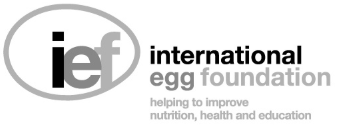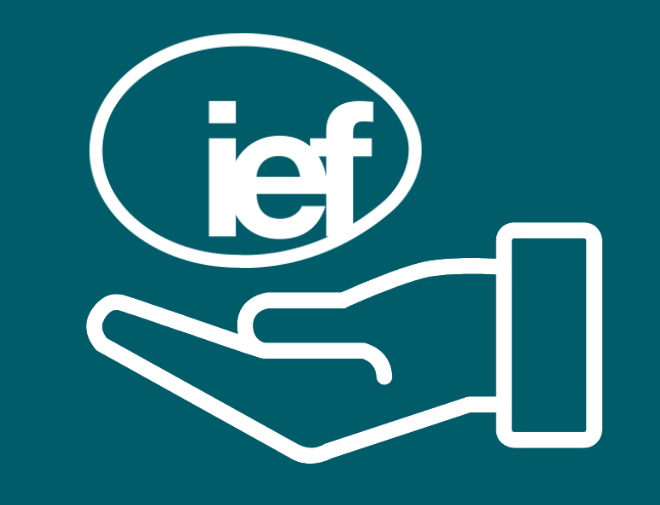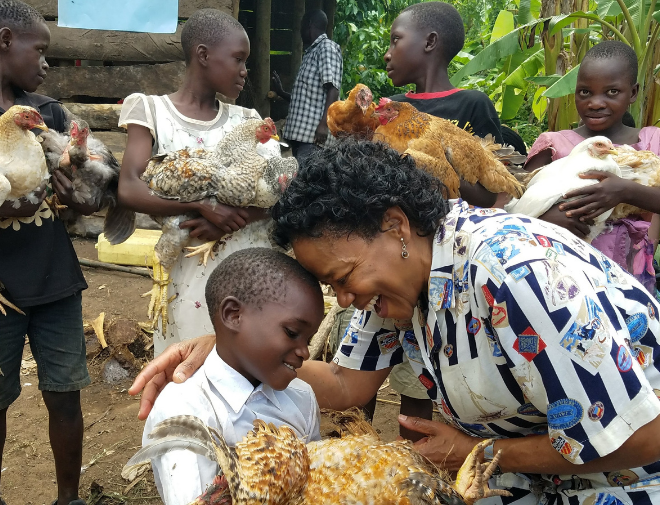Working towards a more sustainable future
In 2015, 193 world leaders committed to the United Nations 17 Sustainable Development Goals (SDGs). These goals represent a shared vision to eradicate poverty and social inequality, and tackle climate change by 2030.
Of the 17 SDGs, the IEF has identified 7 primary objectives where it is already making a significant impact through a range of dedicated charitable projects.

SDG2 – Zero Hunger
In 2022, 148.1 million children under the age of 5 years were stunted and 45 million were wasted globally. Through its charitable work, the IEF is tackling food poverty experienced in low- and middle-income countries, through an ever-broadening range of community-based programmes.

SDG3 – Good Health and Well-Being
Eggs are officially recognised as a high-quality protein and are a good source of commonly deficient micronutrients, such as vitamins D and B12. The IEF is committed to utilising the bioavailability and density of nutrients in eggs to directly improve health outcomes in low- and middle-income countries around the world.

SDG4 – Quality Education
The IEF provides education and resources to individuals in Mozambique, Zimbabwe and Eswatini, enabling them to support their communities by becoming successful egg producers. Furthermore, egg consumption supports brain development and concentration, particularly in young children, helping them succeed at school.

SDG8 – Decent Work and Economic Growth
In low- and middle-income countries, women represent a large proportion of egg farmers and they rely on their farms to provide food for their families and income to send their children to school. The IEF aims to support nutritionally vulnerable communities to establish self-sufficient egg production, providing long-term stability.

SDG12 – Responsible Consumption and Production
The egg industry is committed to producing nutritious foods in environmentally sound and responsible ways. As part of its education programme, the IEF works with industry experts to share ways to improve biosecurity and bird welfare practices with farmers in low- and middle-income communities.

SDG13 – Climate Action
Thanks to new efficiencies and significant productivity gains, eggs are recognised as a low impact protein by the World Resources Institute. The IEF works with their established partners in the egg industry to train producers in low- and middle-income regions to improve efficiency and productivity on their farms through best practice.

SDG17 – Partnerships for the Goals
To achieve its goals, the IEF supports and is supported by other international organisations including; the United Nations’ Food and Agriculture Organization, leading global charities, universities from around the world, and the International Egg Commission (IEC).








